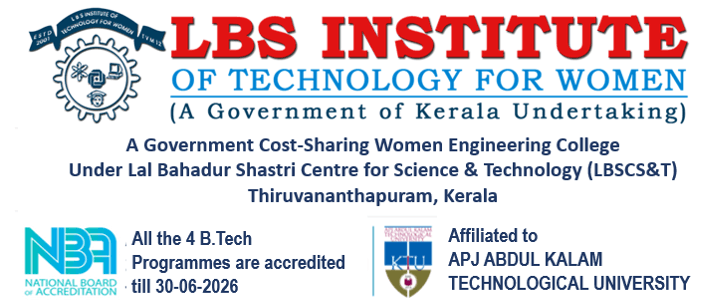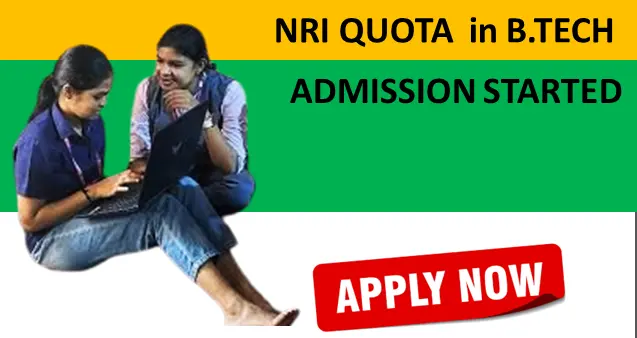B.Tech in Electronics and
Communication Engineering
Department of Electronics and Communication Engineering started in the year 2001, offers B.Tech in Electronics and Communication & Engineering (ECE) and Applied Electronics and Instrumentation (AEI) since 2001 and M.Tech in Signal Processing from 2012 onwards. Instruction Process is systematic, well planned & uninterrupted in all respect. Our students have steady and consistent performance in university exams & secured several ranks in the University.


